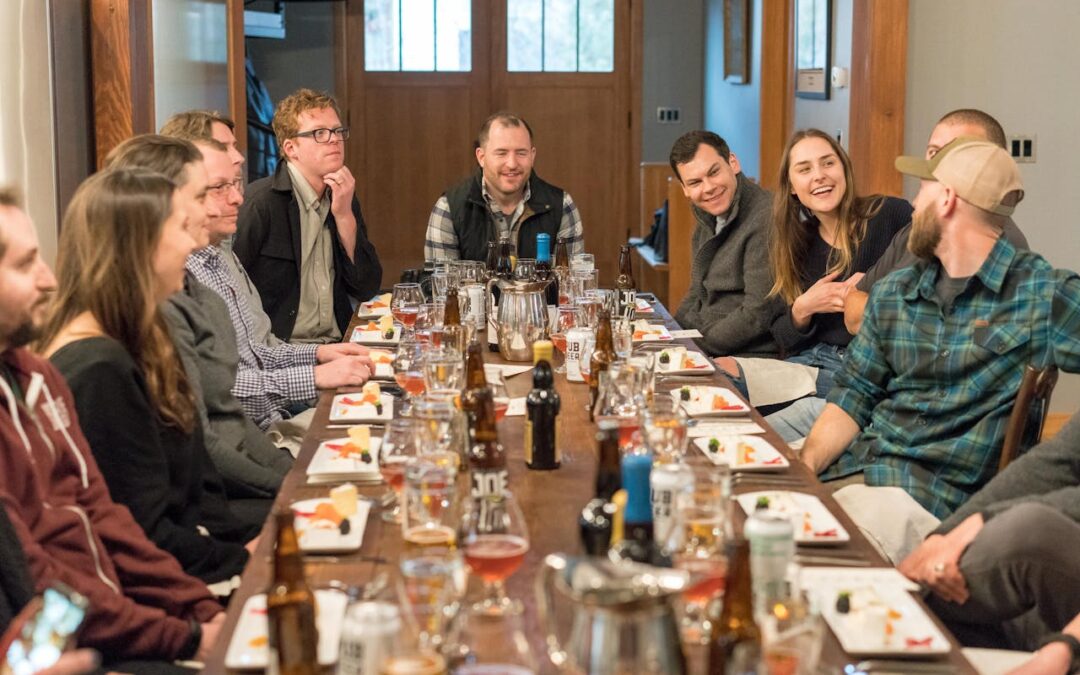
Empathy Isn’t a Soft Skill. It’s a Leadership Superpower
Empathy Isn’t a Soft Skill. It’s a Leadership Superpower
Empathy is often praised but rarely operationalized in leadership. Too many leaders mistake empathy for passivity, when in truth, it takes strength, clarity, and courage. Real empathy doesn’t just feel, it listens, adapts, and leads with intention.
In this Bliss Business Podcast conversation, Jeff Wharton, CEO of Bloomin’ Blinds Franchise Corp, offers a powerful reminder that empathy is not just about being kind. It’s about being present, responsive, and accountable. Especially in a franchise environment where trust is everything.
Jeff’s leadership journey is a lesson in rebuilding relationships, creating a culture of openness, and prioritizing people even when the pressure is on.
Listening as Strategy
When Jeff stepped into the CEO role, he inherited more than a brand. He stepped into a web of fractured relationships and eroded trust across the franchise network. Instead of rushing to assert authority or implement sweeping changes, he started with something far more powerful, listening.
He met franchisees one-on-one. He invited feedback, even when it was hard to hear. He made it clear that leadership wasn’t about having all the answers, but about being willing to learn.
This deliberate approach didn’t just rebuild trust. It created alignment. When people feel seen, they become collaborators, not just operators.
Accountability with Compassion
Empathy without accountability leads to chaos. But accountability without empathy leads to fear. Jeff shared how he balances the two, using candid conversations and clear expectations rooted in mutual respect.
One key principle: Assume positive intent, but don’t avoid hard truths. By setting the tone of transparency and leading with vulnerability, Jeff created an environment where even difficult feedback becomes an opportunity for growth.
People Are the Brand
In franchising, brand value lives in every local owner. Jeff understands this deeply. That’s why his leadership focuses on empowering franchisees as entrepreneurs, not just brand ambassadors.
He speaks about giving people space to grow, while still providing the structure and support they need to succeed. That balance, freedom with alignment, is what transforms a franchise system from transactional to transformational.
Key Takeaways
- Empathy is not weakness. It is a choice to understand before being understood.
- Listening is a leadership discipline, not a passive act.
- The strongest cultures balance accountability with psychological safety.
- When trust is broken, repair starts with presence, not policy.
- People-first leadership creates brand loyalty from the inside out.
Final Thoughts
Leadership isn’t just about scaling operations or improving margins. It’s about creating spaces where people can thrive. Jeff Wharton shows that empathy isn’t a side effect of good culture, it’s the foundation. And when practiced with clarity and consistency, it becomes the force that holds everything together during growth, challenge, and change.
Check out our full conversation with Jeff Wharton on The Bliss Business Podcast.
Originally Featured on The Bliss Business Podcast Blog










Recent Comments